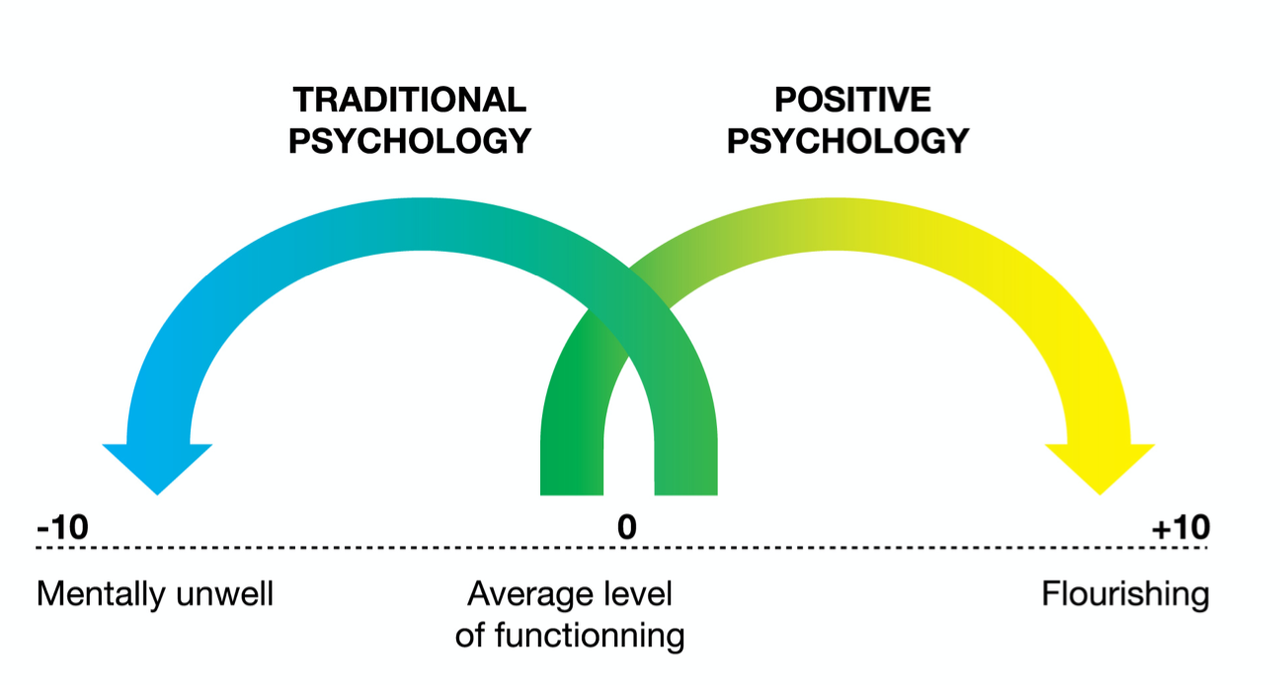In a world often characterized by stress, challenges, and uncertainty, the field of positive psychology emerges as a beacon of hope and resilience.
Positive psychology goes beyond traditional approaches to mental health, focusing on fostering well-being, happiness, and the cultivation of strengths.
In this article, we’ll explore the principles of positive psychology and how they can contribute to a more fulfilling and meaningful life.
Understanding Positive Psychology
Positive psychology, pioneered by psychologists like Martin Seligman, shifts the focus from pathology and dysfunction to the exploration of what makes life worth living.
Instead of solely addressing mental health issues, positive psychology seeks to enhance positive emotions, engagement, relationships, meaning, and accomplishments.
The Pillars of Positive Psychology:
- Positive Emotions: Positive psychology recognizes the importance of cultivating positive emotions such as joy, gratitude, love, and contentment. Practicing mindfulness, gratitude journals, and engaging in activities that bring joy can contribute to a more positive emotional state.
- Engagement: Finding and immersing oneself in activities that provide a state of flow or engagement is a crucial aspect of positive psychology. When individuals are fully absorbed in a challenging and rewarding task, they often experience a sense of purpose and accomplishment.
- Relationships: Social connections play a pivotal role in well-being. Positive psychology emphasizes the importance of building and maintaining strong, meaningful relationships. Nurturing connections with friends, family, and the community can contribute significantly to one’s overall happiness.
- Meaning: Discovering a sense of purpose and meaning in life is fundamental to positive psychology. This may involve aligning personal values with daily activities, contributing to a cause greater than oneself, or finding significance in life’s experiences.
- Accomplishments: Setting and achieving meaningful goals can lead to a sense of accomplishment and satisfaction. Positive psychology encourages individuals to identify their strengths and leverage them to overcome challenges, fostering a positive sense of self-efficacy.
Practical Applications:
- Gratitude Practices: Encourage the practice of keeping a gratitude journal, where individuals can reflect on and write down things they are thankful for each day. This simple exercise has been shown to boost mood and overall life satisfaction.
- Mindfulness Meditation: Introduce mindfulness meditation as a tool to enhance self-awareness, reduce stress, and promote a sense of calm. Mindfulness practices can help individuals stay present in the moment, fostering a positive mindset.
- Strengths Assessment: Encourage individuals to identify and leverage their strengths. Tools like the VIA Survey of Character Strengths can help individuals understand their unique qualities and find ways to incorporate them into daily life.
Conclusion
Positive psychology offers a refreshing perspective on mental health by emphasizing strengths, virtues, and the pursuit of a fulfilling life.
By incorporating its principles into daily practices, individuals can cultivate resilience, happiness, and an overall sense of well-being.
As we navigate the complexities of life, positive psychology serves as a guide, reminding us that fostering positivity and building on our strengths can lead to a more satisfying and meaningful existence.

Leave feedback about this